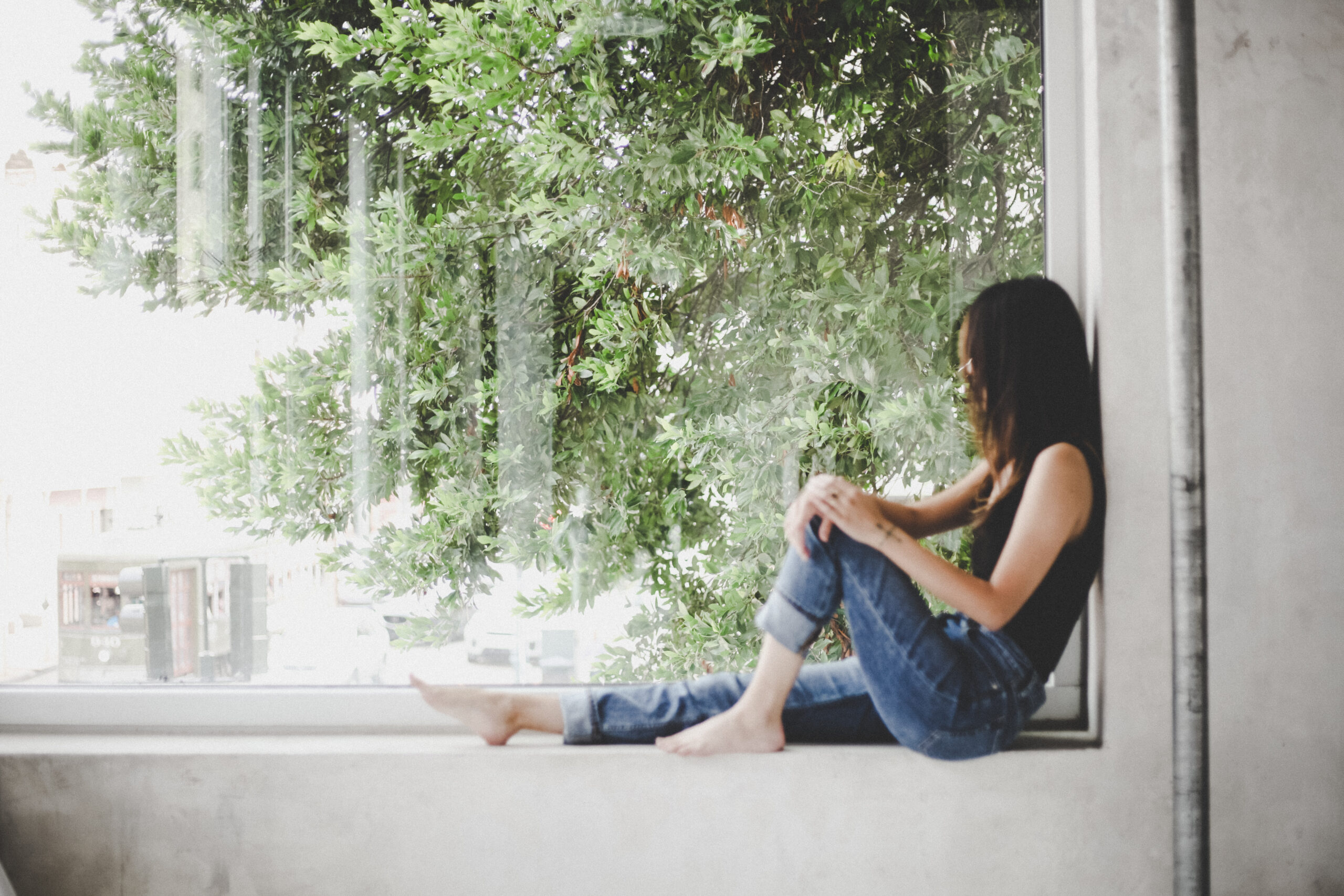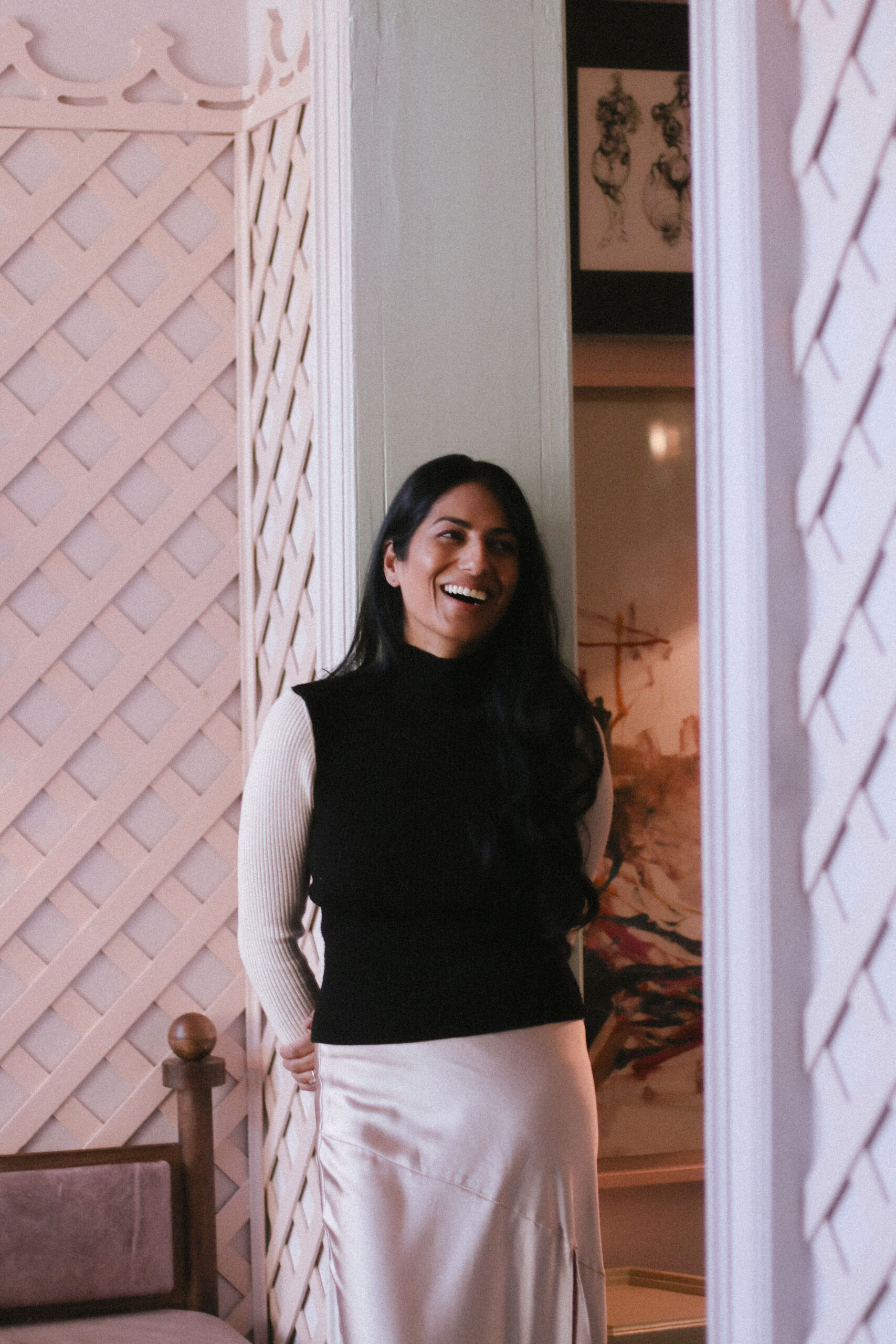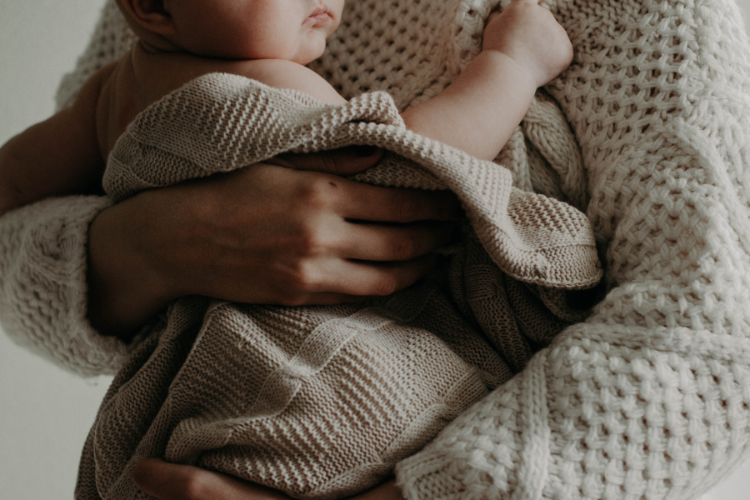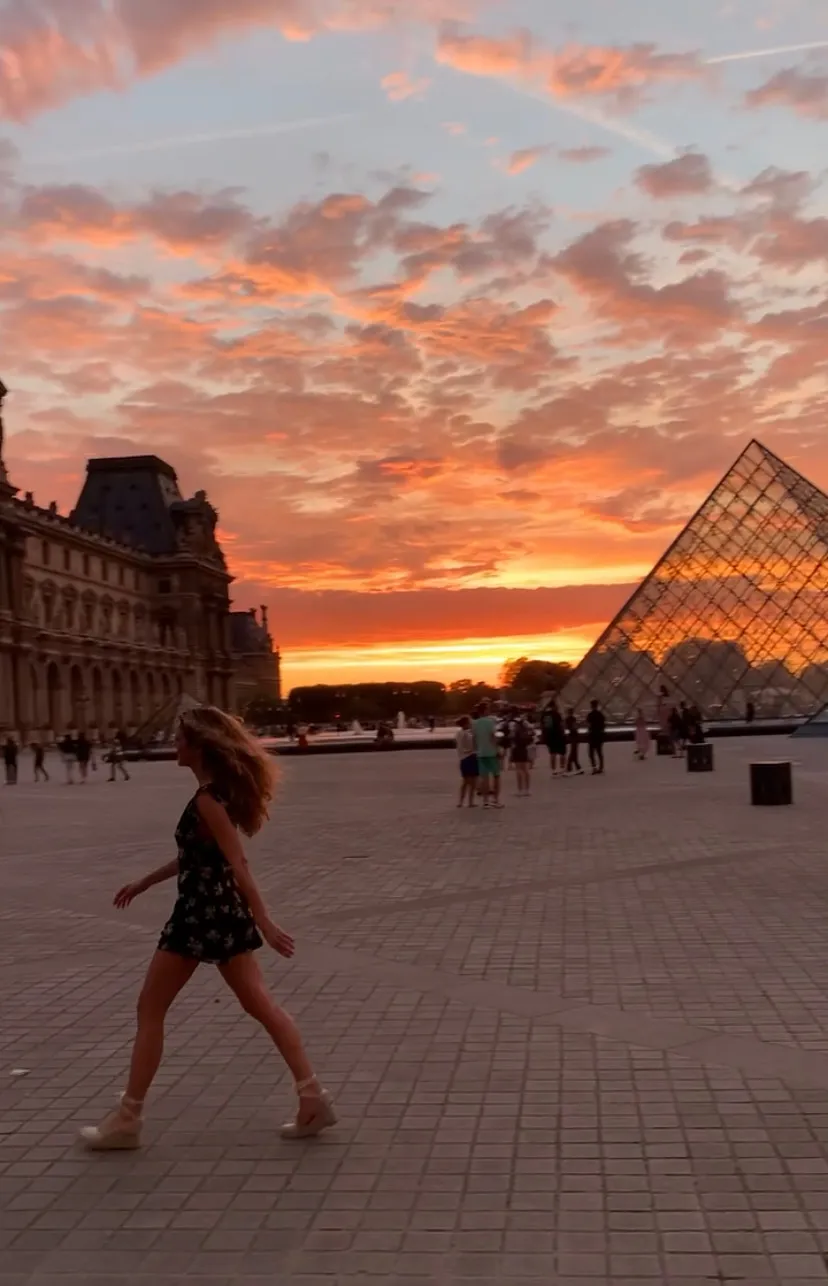
Uyen Vu grew up in a quiet suburban neighborhood affectionately called Woodmere in the outskirts of New Orleans. Holding a makeshift cigarette at Studio 633 during our session, she goes on to paint a vivid picture of how boredom helped cultivate her imagination, “My friends and I often skipped school to hang out in the French Quarter. I thought the city life was much more exciting; all the live music bars, art galleries, gutter punks and goths, voodoo practitioners and street painters, the putrid smells of Bourbon, the French/Spanish architecture and various musicians busking on the streets…it was extremely romantic and exciting for a kid like myself who grew up very poor and had to rely on books for adventures. I wanted my life to be colorful like that.”
Uyen remains modest throughout our conversation about her accomplishments—a classical pianist, a singer who’s range evokes the voice of Etta James, a graphic designer turned art director, and toured as a keys player for an underground metal band during some of her most defining years. Nine lives and counting and through a myriad of experiences, Uyen now inhibits a rare kind of compassion for others and moves through life with grace and humor. She credits the old, vibrant culture of New Orleans for influencing her passion for music and arts, but insists its people are to thank for shaping her into the woman she is today.
Part One
Where do you live now? What does this city mean to you?
I now reside in Los Angeles, and there’s a reason why people gush over the scenery and weather. It’s hard to be upset when it’s beautiful and sunny most of the time! I used to regard meditation, yoga and healthy eating as “hippy, privileged L.A. shit,” but since I’ve lived here for 7 years now, I have found that practicing all three daily has made a positive impact on my life as a whole. I am more balanced and aware of what I allow in my body and mind, and when I start to feel the weight of depression and anxiety trying to crush me, I meditate and pray to stay light. There’s a misconception that L.A. looks like Beverly Hills wherever you go, but I love finding diversity and culture in areas like Koreatown or Boyle Heights where you can find normal people with regular jobs who focus on family life and community (as opposed to the famed reality tv stars). It would be easy to say that the constant traffic is what I like least, but truthfully, it’s the large population of the homeless and mentally ill who are left behind in Skid Row. It breaks my heart to see expensive high-rise condos developing all over the city, but L.A. still hasn’t figured out how to provide enough resources and healthcare for its own people. Because of this, it has taught me to live a modest lifestyle (no need to keep up with the Joneses) and to devote more time to serving the homeless at St. Francis in DTLA.
What do you do for a living? If you didn’t have to work, what would you be doing?
I am currently a freelancing Art Director/Designer and Illustrator. I have the tenacity of a pitbull when it comes to work ethic (I thank my immigrant parents), and I love solving problems, no matter how challenging they are. If I didn’t have to work, I’d probably have a farm with some pet goats and chickens and spoil them rotten. If I couldn’t get enough land to be a farmer, I’d probably be on the road, touring with my music family and smoking a ton of marijuana while writing songs.
You’ve recently left that role as Art Director at a large company. Was that process as difficult and liberating as we imagine? How was that made your life easier, if so?
It was a difficult, tearful decision because I spent the last 5.5 years with a team of passionate, hardworking and supportive people in NYC who knew all the in’s and out’s of the high-end jewelry industry. They were like family to me. I enjoyed traveling often because of the trade shows, and I was financially well-cushioned for the first time in my life. On paper it looked like the dream job to retire to in one of the greatest American cities. Despite all the perks—along with an offer to relocate to NYC to become Creative Director—I always felt something was missing. I didn’t feel as if I was fulfilling my purpose or destiny. When I was able to find solitude from my hectic schedule and reflect on what I wanted to do with my life, I decided that I wanted to create something of my own that was meaningful and impactful for humanity, no matter how large or small the contribution was. When I think about our time on this planet, I know we are just tiny specks of dust in the grand universe; so why not go for what you truly want? Tomorrow isn’t guaranteed. It’s been quite a challenge, as any drastic change in life is, but I’ve never been happier! I wake up every day and realize, “I GET TO DO THIS. I GET control what I create, and I am responsible for my own hustle and failures. I have no excuses. It’s time to put up or shut up.” The uncertainty keeps me hungry and tests my faith in God like no other situation I’ve ever faced, but I wouldn’t have it any other way. I feel like I’m finally on the right path.

How would you describe your American upbringing? I guess you could say it didn’t quite start off as “American” even though I was born in New Orleans. My father was very strict about speaking Vietnamese—he would yell, “NO ENGLISH UNDER MY ROOF!” so my mom (who was a teacher) made sure my brother and I had our weekly Vietnamese lessons to keep our native tongues sharp. We were very poor, so even places like McDonald’s or Pizza Hut was considered a luxury, as was Coca-Cola, toys, video games or new clothes. I wore a lot of hand-me-downs and often took my brother’s clothes, so I was a pretty awkward looking tomboy in my youth. Haha. If my brother and I wanted to buy anything for ourselves, it was understood that we would be raking leaves in the neighbors’ yards for the next few months to make a couple of bucks. In 6th grade I would sell Blow-pops and MAMA noodles to other kids for 50 cents in order to buy books, cassette tapes and art supplies. My mom would often tell us that being poor would build character while education would provide us opportunity and dignity in a country like America. Anything was possible if you put your heart into it. Fortunately, both of my parents are musicians who share a love for popular American music, so we spent a lot of time listening to vinyls by The Scorpions, Black Sabbath, Simon & Garfunkel, CCR, Led Zeppelin and the Stones, just to name a few. Because of that exposure to rock in my childhood, it propelled me to pursue my dreams of playing in a heavy metal band (something you don’t hear Vietnamese young women doing often). While the people at my community church could care less, and some even accused me of being a devil worshipper, my parents were progressive enough to support that phase in my life and even welcomed my bandmates into their home and had jam sessions with them. I’m very lucky to have the parents I have, even though they ruled with iron fists.
“My mom would often tell us that being poor would build character while education would provide us opportunity and dignity in a country like America.”
Was there anything your family did well? Not so well? We were always great at sticking together, no matter what. When my dad was gone for months on offshore, my mom raised my brother and I alone quite often. We moved from houses to apartments, trailers to even smaller houses, always downsizing along the way. But they never made us feel ashamed for being poor; we made the best of whatever we had and sang our praises. When we finally moved to Woodmere in ’91, it was the beginning of us moving out of poverty and into the lower middle class. I’d say that’s when our family started herding a lot of unnecessary junk in the house, and it drives me crazy! Haha. I wish I could just throw everything out and go back to our minimalist days, but my family prefers converting their garage into a mini Costco.

What do you wish Americans would do more of? Less of? I wish they focused more on the present moment with other human beings around. Less time on the iPhone and iPads, more eye contact and genuine human connection. When I was in Europe I noticed people weren’t as attached to their phones as Americans are. I also wish Americans were less obsessed with celebrity culture, but it’s probably also my age speaking. Perhaps we follow their seemingly fabulous lives so much to escape what we view as mundane in our own. I’d like to think they have the same problems just as anyone else, and that money and fame doesn’t always guarantee happiness or peace of mind.
What about American women inspires you? International women? American women have the ability to express themselves much more comfortably than other cultures around the world. I love that we can dress how we want, choose the careers we’d like to have, decide whether we’d
want to get married or not. We have so much more freedom. With that said I think international women have much harder lives and can do a lot with less while still possessing such grace and humility.
What do you think we could adapt from other cultures? Work less, live more.
What makes you or your lifestyle Très Américain? I used to mistake having a full life meant living life to the fullest. But one is about grasping while the other is about expanding. One will burn you out while the other keeps you going. Tres Americain shows you that you can have it all by not being a busy body, but rather, embracing the beauty of simplicity and living an honest life. No filters required.
What does your best life look like tomorrow? In five years? Hopefully I will have completed my first animated short film, and I’d love to be able to compose the score with the legendary Joe Hisaishi (he does the scores for Hayao Miyazaki films). Marrying my two passions would allow me to die happily!

Airplane
Copper wire, wood base. I created this piece in late 2008. For this work, I aimed to convey both the industrial heaviness of an airplane, but also the cloudlike floating quality you feel when you’re in one.



